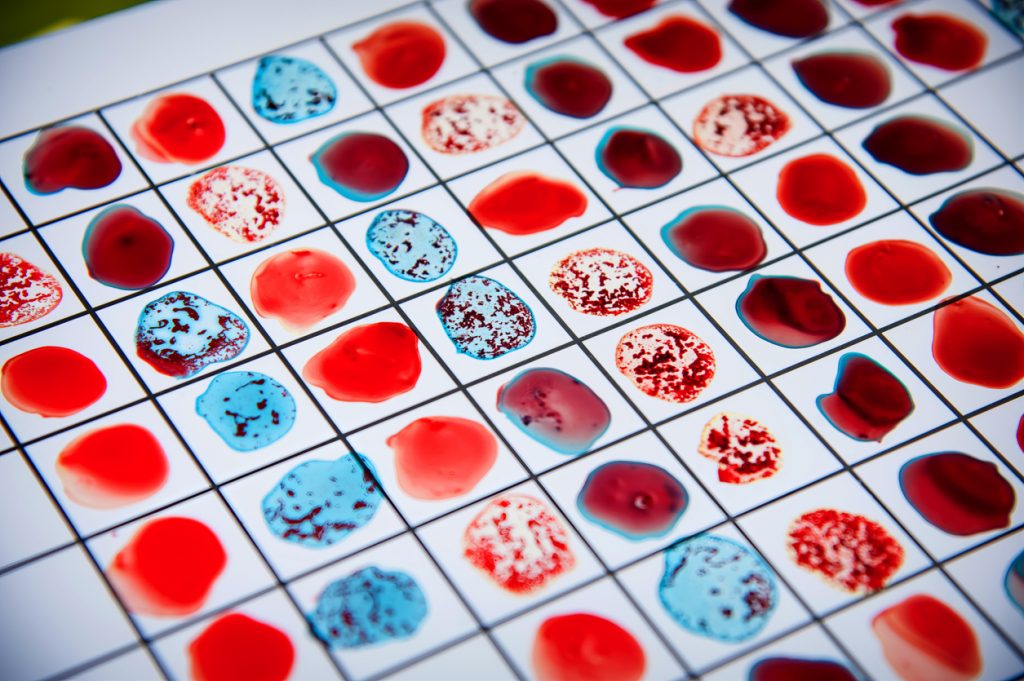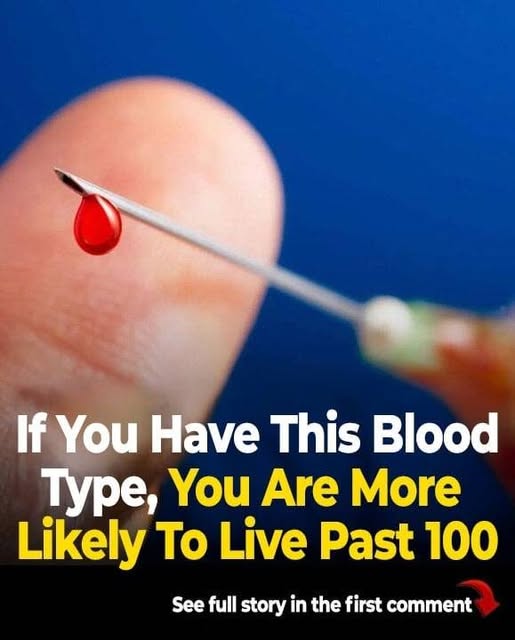Recent research suggests that a person’s blood type may play a subtle but meaningful role in how long they live. According to some studies, individuals with a certain blood type appear more often among centenarians, hinting at a possible biological advantage for exceptional longevity.
Blood Type O: A Biological Advantage?
One of the blood types that keeps coming up in these longevity studies is type O. Evidence indicates that people with this blood group may have a reduced risk of cardiovascular problems—namely heart attacks and strokes. This is possibly tied to lower levels of clotting factors and inflammation, which help maintain better blood flow over time. In addition, blood type O might provide some protection against certain cancers. Differences in immune responses and how blood-group antigens interact with tumor cells could help explain why type O individuals are less prone to some cancer types.

What the Longest-Lived Tell Us
When researchers study people who live past 100, they consistently find that blood type O is overrepresented in that group.
Genetic studies further support this pattern. For example, in one investigation, scientists analyzed the DNA of over 800 centenarians and thousands more people in their 90s. They found some interesting genes more common among the very old: CDKN2B, which helps regulate cell division; APOE, which is linked to Alzheimer’s disease; and SH2B3, a gene tied to aging. Crucially, the variant of the ABO gene associated with type O blood also appeared frequently in this group.
More Than Just Blood Type: The Role of Biomarkers
Blood type isn’t the only thing that matters. A large long-term study of Swedish adults tracked more than 44,000 people over decades, comparing those who became centenarians and those who didn’t. The study found that future centenarians tended to have lower levels of certain blood markers from midlife onward—especially glucose (blood sugar), creatinine (a measure related to kidney function), and uric acid (linked to inflammation). They also noticed that centenarians had intermediate levels of cholesterol and iron—not too low, not too high.
These balanced biomarker profiles suggest that metabolic health and organ stability are crucial for reaching very old ages.

Nature and Nurture: It’s Not Just Genetics
Importantly, having type O blood or “good” biomarker levels doesn’t guarantee you’ll live to be 100. Researchers emphasize that lifestyle plays a huge role, too.
Factors like diet, exercise, sleep, stress management, and access to health care all influence long-term health. Some scientists even suggest that tracking key health indicators—such as blood sugar, kidney markers, and uric acid—might help people improve their odds of a longer life.
A Balanced Perspective
While the connection between blood type O and longevity is compelling, it’s not a magic ticket to immortality. Not everyone with type O becomes a centenarian—and many people with other blood types live well into old age. Also, other studies have found conflicting evidence. For instance, in one analysis, blood type B was less common among older adults in certain age groups. The takeaway? Blood type may give some people a slight biological edge, but how you live your life probably matters more. Genetics set the stage, but your habits help you write the story.

















